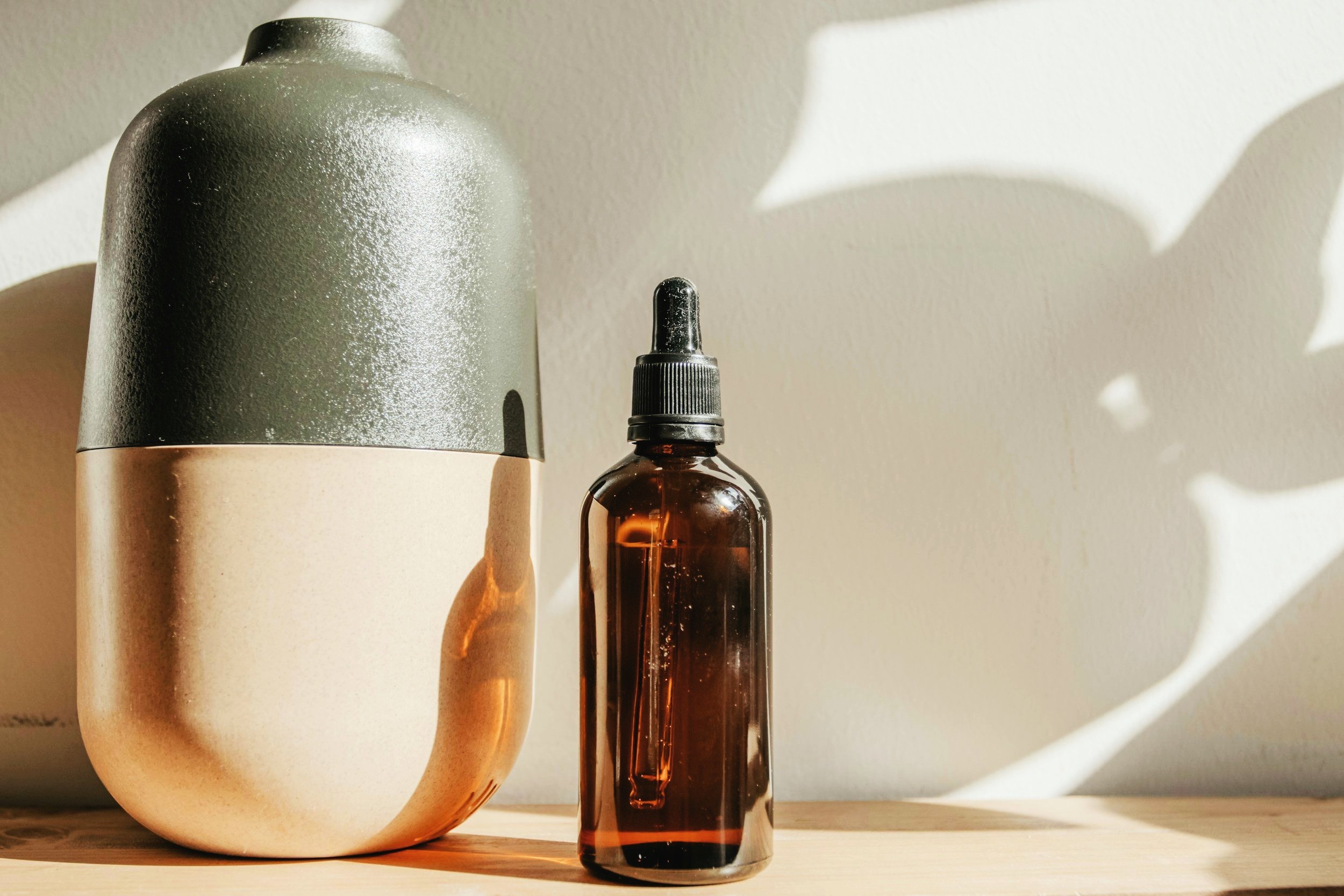Menstrual Hygiene Day - May 28
28th May is Menstrual Hygiene Day. This is an opportunity to spread awareness of the need for equal access to period resources and information.
The official goal is, “Making menstruation a normal fact of life by 2030.” This celebration aims to remove the stigma and discrimination that is associated with menstruation.
This article contains affiliate advertisements and also unpaid mentions of a brand.
When I think about the practical impacts of stigma around menstruation, I think of developing countries in which the women are physically excluded at that time of the month. Those problems are significant. However, in our own privileged-yet-flawed lives, periods can be awkward in developed countries too.
This is also an opportunity to understand the costs and access issues are period products and related needs.
Period Equity
There are efforts that brings attention to menstrual equity. It is about equal access to resources and information to make an informed choice about this aspect of health. This can involve, “affordability, accessibility and safety of menstrual products” along with “education and reproductive care,” because these practical steps can ensure “that people have the needs, support, and choices to decide how they want to take care of their menstrual health,” according to WomensVoices.org.
Healthy sustainability and affordability
Sustainable period products can be more affordable in the long term. In the short term and in unexpected moments, everyone should have access to sustainable disposable products. It is sometimes the most practical option. But when possible, the reusable menstrual products could make a difference for women and the planet.
Here are some ways to find health-promoting eco menstrual products. Doorstep Organics has organic tampons. Biome lists menstrual cups, pads, tampons and period underwear. That eco store also has mini wet bags that can store used cloth pads or other small reusables.
That time of the month. Image: iStock/Getty, edited.
Importance of reusable period products
In diverse cultures and locations, women may choose specific reusables over other types of sustainable products. I hope the benefits could become more widely known. Working women could benefit from period underwear that can last for hours during the day. Washable cloth pads can be very affordable (depending on where they are bought). Menstrual cups may be popular for individuals who are used to the tidiness of tampons. There are many options to suit various budgets. High-end organic pads are great when possible. If someone wants to get started with cloth menstrual pads on a budget, try the cheap options at Amazon and Etsy. Locally made pads can also be ways to support small businesses. When shopping at the supermarket, look to see if there are any period underpants. It could be a quick way to buy some reusables. Silicone menstrual cups are also becoming more available. The best option will vary based on where you are, what you can spend and what feels comfortable. But there should be a reusable period product out there for everyone who needs it.
Organic tampons in a basket. Image: Unsplash, edited.
Menstrual health and comfort
PMS and other conditions can impact everyday lives and long term health. Everyone should learn about the lifestyle changes and medical options that could improve period-related health. It could impact yourself or someone you care about. Cramps and migraines can be crippling. Dr. Gemma Newman shared, “…for some women, turmeric & ginger can be JUST as helpful as Advil to fight cramps during your period.” This GP also speaks out about how, “…a plant based diet may also help decrease PMS symptoms by increasing serum sex-hormone binding globulin concentration.” The emphasis is on low-fat diets. Dr. Neal Barnard wrote Your Body in Balance, which addresses periods. People could see more resources on diet and hormones, from these doctors, for a potentially more comfortable life.
The pain is real. Image: Unsplash, edited.
What is happening in MH Day and beyond?
Great initiatives are helping to improve that time of month around the world. WASH United offers a Menstrual Hygiene Management Education Guide to teach girls. PeriodTax.org provides a web site that brings attention to national campaigns and global examples. Tax reduction is one of the ways in which advocates hope to reduce the cost of menstrual products. For those who like to attend fundraisers, Share the Dignity is hosting a DigniTea. The Australian charity distributes period products to anyone who needs those supplies in a crisis or desperate times. There are plenty of ways to support that organisation and others.
On a more international scale, Days for Girls helps to reduce period inequality and period poverty so girls can regain days at school and work. The DfG pad is a sustainable reusable pad, with a patented design, that can be used for up to three years. Washable pads can empower women because they reduce the monthly cost of period care. I passionately believe reusables should be provided to those in need because they are long-term solutions beyond the present moment.
More articles
The Menstrual Health Day bracelet is the symbol of this awareness day. Image: MHD









